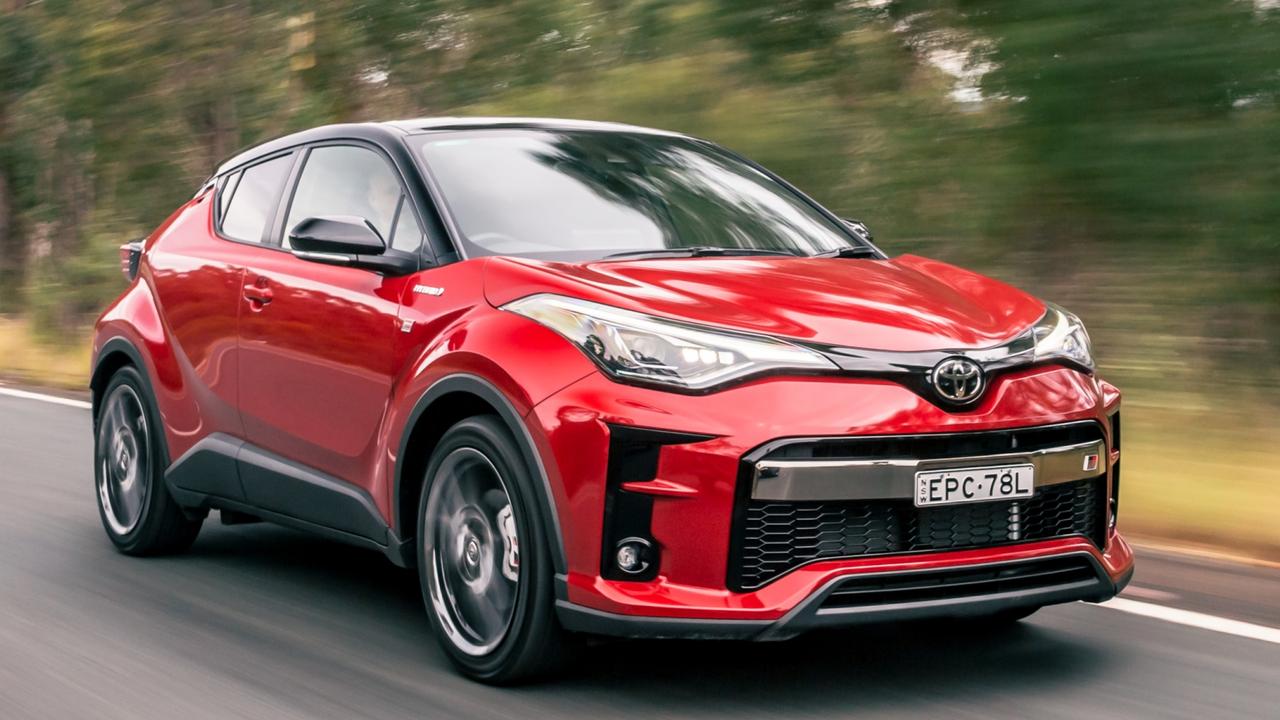Index Surge: Amplifying Your Insights
Stay updated with the latest trends and news across various industries.
Hybrid Cars: The Unlikely Green Machines
Discover why hybrid cars are the unexpected heroes of the green revolution. Uncover features that blend efficiency with innovation!
How Hybrid Cars Work: A Deep Dive into Their Eco-Friendly Technology
Hybrid cars represent a significant advancement in automotive technology, combining traditional internal combustion engines with electric propulsion systems. This blend enables hybrid vehicles to operate more efficiently, reducing fuel consumption and minimizing emissions. The core of this technology lies in the hybrid powertrain, which typically includes an internal combustion engine, an electric motor, and a battery pack. By leveraging these components, hybrid cars can switch between gasoline and electric power depending on driving conditions, allowing for optimal performance and efficiency.
One of the key benefits of hybrid technology is its contribution to reducing our ecological footprint. Hybrid cars utilize regenerative braking systems to capture energy typically lost during braking, converting it back into electricity to recharge the battery. This process not only enhances energy efficiency but also extends the range of the vehicle without relying solely on fossil fuels. As the world moves towards sustainable transportation solutions, understanding how hybrid cars work is essential for embracing eco-friendly technologies and promoting a greener future.

The Environmental Impact of Hybrid Cars: Are They Really Green?
The emergence of hybrid cars has sparked significant interest among environmentally conscious consumers. These vehicles combine traditional internal combustion engines with electric propulsion systems, which can lead to reduced greenhouse gas emissions and improved fuel efficiency. However, while hybrid cars are often marketed as a greener alternative, it is important to consider the entire lifecycle of the vehicle. From the production of the hybrid batteries, which can require extensive mining of lithium and cobalt, to the energy source used for electricity generation, the environmental impact may not be as favorable as it seems.
Moreover, the manufacturing process of hybrid cars often demands more energy compared to conventional vehicles, possibly offsetting some of the benefits gained from lower emissions during operation. Hybrid cars can also contribute to pollution during their disposal phase, as battery waste poses serious environmental challenges. Overall, while these vehicles are a step in the right direction, a comprehensive analysis reveals that they are just one part of a larger solution needed to achieve truly sustainable transportation.
Hybrid vs. Electric: Which is the Better Choice for Sustainable Driving?
When considering sustainable driving, both hybrid and electric vehicles offer valuable benefits, but they cater to different needs. Hybrid vehicles combine a traditional internal combustion engine with an electric motor, allowing for increased fuel efficiency and reduced emissions compared to standard gasoline-powered cars. This design makes them an excellent choice for those who primarily drive in urban areas with stop-and-go traffic, where they can leverage the electric motor for short trips. In contrast, electric vehicles (EVs) run entirely on electricity, offering zero tailpipe emissions and lower operational costs, making them an attractive option for eco-conscious drivers looking to minimize their carbon footprint.
Choosing between hybrid and electric requires an assessment of your lifestyle, driving habits, and environmental priorities. For instance, hybrids might be better if you often undertake long-distance journeys and need the flexibility of a gasoline engine. However, if you have access to charging infrastructure and typically drive shorter distances, opting for an electric vehicle can lead to substantial savings on fuel over time. Ultimately, your choice will hinge on a balance of sustainability, convenience, and personal preference, making it essential to evaluate both options critically before making a decision.